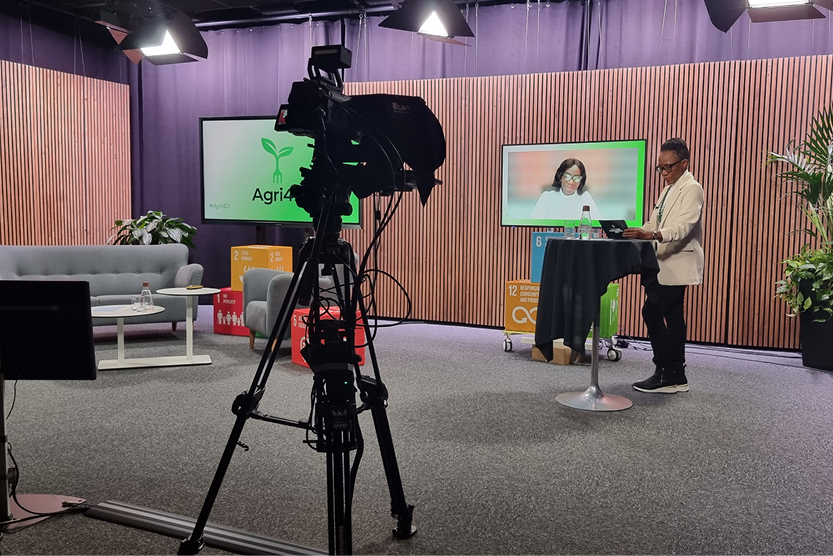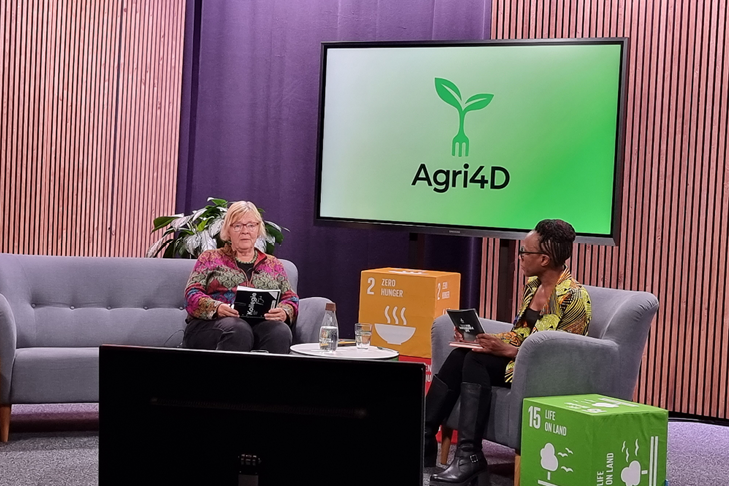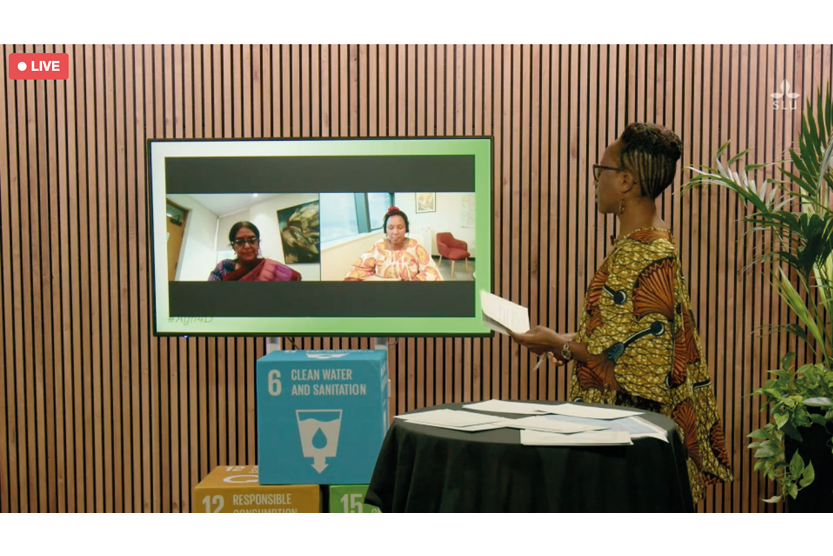The Agri4D conference is organised every second year by SIANI, Sida and the Swedish University of Agricultural Sciences (SLU). The 2023 edition, which focused on “building resilient food systems in uncertain times”, gathered more than 450 attendees from more than 60 nationalities, aiming to link scientific evidence to policy and practice while also gathering diverse stakeholders to work towards SDG 2 and tackle food system challenges. Particular attention was paid to low-income contexts where food system vulnerabilities are most severe.
“With huge impacts from climate change, conflicts and the pandemic, the sustainable development goal of zero hunger is far from within reach” – Pär Forslund, Deputy Vice-Chancellor at SLU.
How can we gather the pieces of a fragmented food systems landscape in a poly-crises context to fulfil SDG 2 and build a resilient food system?
Land and gender rights
Farmers are fundamental actors in food production and have a strong impact on increasing food security. Nevertheless, their activities depend on their accessibility to land which is often restricted. Political issues can impede access to land, especially in Africa, because of the privatisation of certain areas for mining or oil drilling activities. Additionally, these private areas often degrade the quality of surrounding lands, triggering difficulties for agricultural activities.
Natural climate disasters such as droughts and floods also negatively affect farmers’ livelihoods and in turn, food security at large. To face these events, farmers, herders and nomadic pastoralists often migrate towards areas which offer greater natural resources, mentioned Ingrid Öborn, Professor of agricultural cropping systems at SLU. However, land may already be occupied by other farmers or mining or oil companies, creating competition for land access, which is why land rights are a hot topic. As such, Ingrid Öborn highlighted the cruciality of addressing land rights to enable an equitable distribution that satisfies the needs of different actors.
Developing more community title deeds would be a cornerstone to deal with these stressors. In terms of land access, focus groups are a relevant strategy that can benefit everyone regardless of their age and gender. Gender transformative approaches must also be mainstreamed to address gender issues, raised Johanna Lodin, Researcher at SLU. Many panellists emphasised the need to adopt new systems and participatory methods to enhance equity and gender inclusivity when addressing food systems issues in low-income countries.


